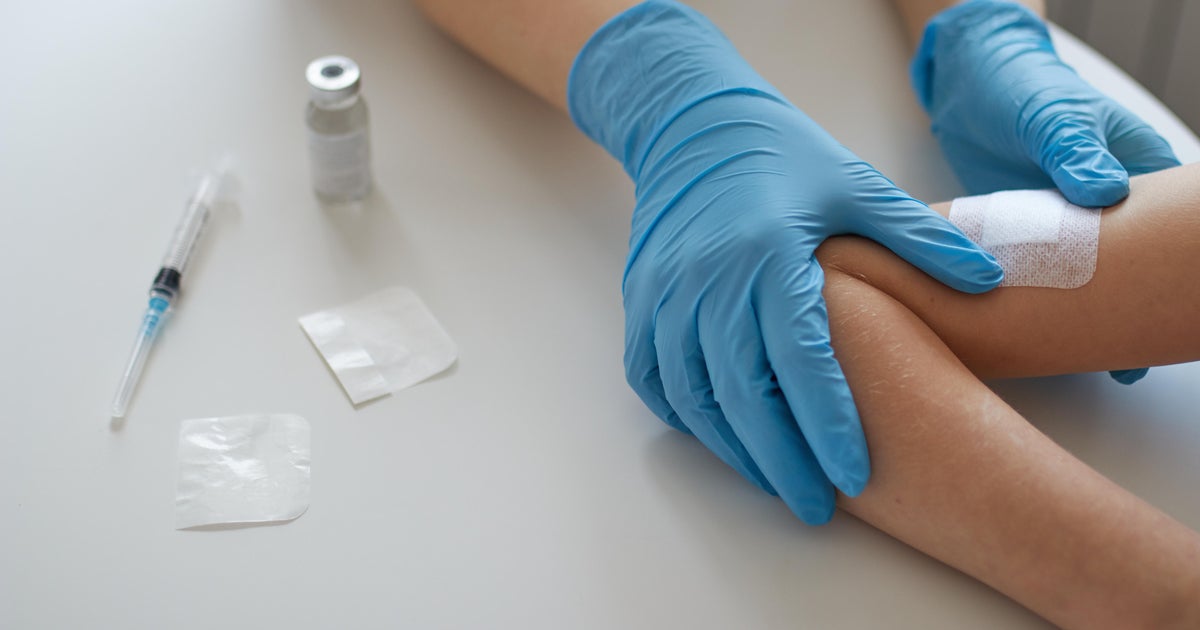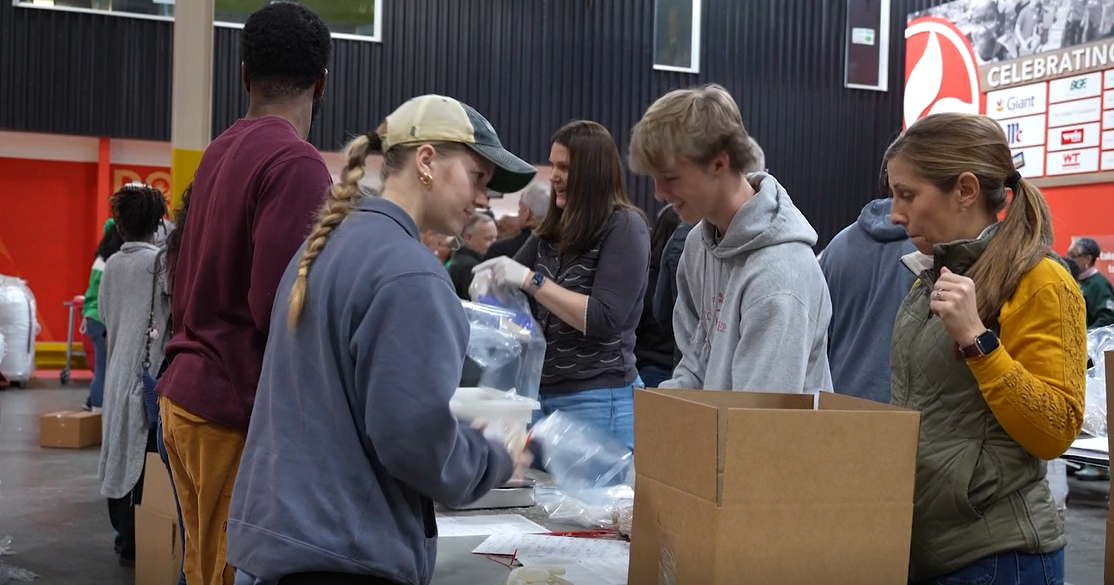Back-to-school sickness: Pediatrician shares 3 tips to help keep kids healthy this season
As classes start back up, so do the cases of sickness that so often seem to accompany back-to-school season. But experts say there are ways to help keep students protected.
"Going back to school, there always is an increase in infections when kids are closely around each other and there can be clusters of infections," says Dr. Evelyn Chan, pediatrician and CEO of digital therapeutics company Smileyscope.
Pharmacies across the U.S. are already contending with an industrywide shortage of the drug amoxicillin, an antibiotic that's commonly prescribed to treat a variety of childhood infections, including things like ear infections, strep throat and pneumonia.
"There's lots of common conditions or diseases which are contagious, and the ones that we're thinking about at the moment (are) COVID, things like RSV have been quite high, as well as influenza," Chan says. "There's also the common things like vomiting and diarrhea ... and things like chickenpox and others as well."
The best way to prevent these types of illnesses? Chan suggests three main principles:
Stay healthy: Keep your immune system going strong by "eating nutritious food, getting enough physical activity and sleep," she says.
Get vaccinated: "Encouraging all children and their families to stay up to date with their immunizations is incredibly important," she adds. "Go to your annual wellness checks to make sure that you're visiting the pediatrician and discussing what vaccinations they're eligible for and answering any questions."
For example, there are some new options to protect against RSV, or respiratory syncytial virus, an illness that typically causes cold-like symptoms but can sometimes be severe, especially for infants and older adults.
Everyone age 6 months and older is also eligible for a new COVID shot this fall, when an updated vaccine formula will be available to add protection against recent variants.
In terms of the flu, Dr. Céline Gounder, a CBS News medical contributor and editor-at-large for public health at KFF Health News, recently shared on "CBS Mornings" that September or October is a good time to get your shot.
Practice prevention: "Teach kids ways to reduce infections," Chan says. "So, wash their hands frequently, sneeze into their elbow, wear masks where possible, stay at home if they have an illness so that they don't spread it to others."
Dr. Carol Nwelue, a physician with Baylor Scott & White All Saints Medical Center, recently told CBS Texas that she also recommends telling kids not to share things like eating utensils and combs.
How to prepare kids for vaccinations
Kids can get quite anxious when it comes to needles, which is "totally normal," Chan says.
"Most children will be anxious and fearful about their vaccinations," she says. "Even half of teenagers and one in four adults are quite nervous about vaccinations. So I think it's really about setting the expectations and preparing well."
She has three tips for making the vaccine process go smoothly:
Inform: Chan suggests telling the child before an appointment that they will get a vaccination, so that they can be prepared.
"Don't tell them too early so that they fret about it for days. But letting them know before they go to the doctor really kind of helps them prepare psychologically," she says.
Coping skills: Figuring out some helpful coping tools and mechanisms with kids beforehand can help too.
"This might be bringing in their favorite toy, their favorite movie on their iPad, or thinking about something they can look forward to after that vaccination," she says, adding that medical teams are starting to use technology as a distraction tool as well.
Chan's work, for example, uses virtual reality to create helpful distractions that reimagine those sensations patients may be scared about in a different way.
"With Smileyscope, patients pop on a virtual reality headset at the doctor's office, and they go on an underwater adventure," she explains. "They get to feel waves washing over their arms when we clean with antiseptic. They look at fish and the fish come in and nibble at their arms — so that's when the shot happens."
Because of the way the tool is choreographed to what's happening in the real world, patients actually are "very surprised when they come out of the VR experience and the shot is already done," she says.
Keep things positive: Chan says to reinforce the idea that vaccines will help them be healthy and strong. "Keeping it in that positive light is a really important one as well," she adds.





